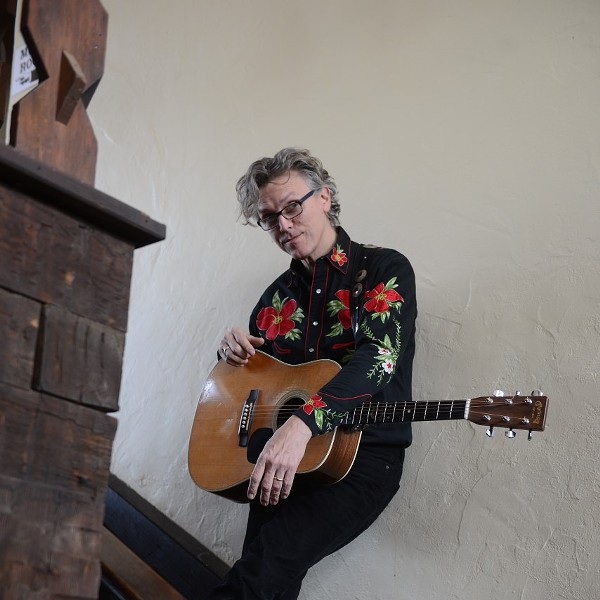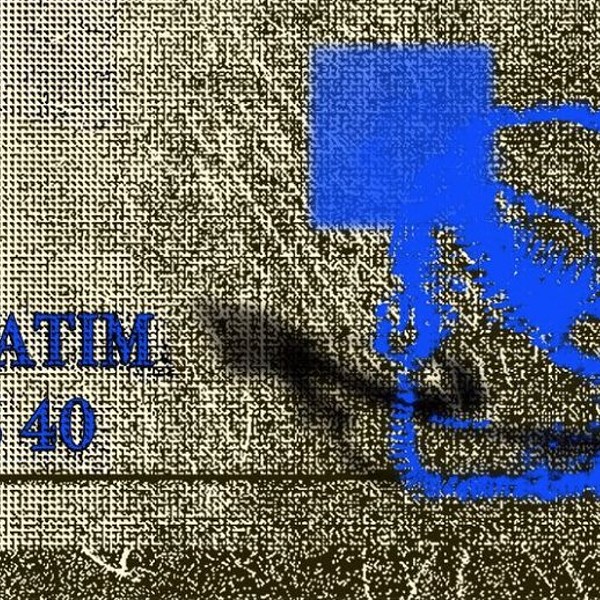Yes, there really is a Medusa, New York. For the past 10 years, it’s been a second home to a literary couple who, while not at all monstrous, do seem a bit superhuman.
A professor of journalism at Columbia University, Helen Benedict has written five novels and five books of nonfiction. In April, Beacon published her wrenching exposé The Lonely Soldier: The Private War of Women Serving in Iraq, and SoHo Press is about to release The Edge of Eden, an elegant, often wickedly funny novel about a British family’s disintegration in the last-gasp colonial outpost of the Seychelles islands in 1960. Each is a marvel on its own terms; that they come from the same writer’s hand smacks of sorcery.
Benedict’s husband, Stephen O’Connor, is equally protean, publishing short fiction and poetry (Rescue; 1989, Harmony Books), memoir (Will My Name Be Shouted Out?; 1987, Touchstone Press), and nonfiction (Orphan Trains: The Story of Charles Loring Brace and the Children He Saved and Failed; 2004, University of Chicago Press) between teaching gigs at Columbia and Sarah Lawrence. He also writes a hilarious set of driving directions, guiding the uninitiated through T- and Y-shaped intersections, a misleading road sign (“IGNORE IT”), past Camp Medusa (“An Adventure in Christian Living”), and on to a series of winding back roads. Just as the thought dawns that he recently published a story in the New Yorker about the Minotaur, and might have a thing for insoluble mazes, the couple’s pristine Victorian farmhouse comes into view.
They’re a striking pair. Benedict is petite and whippet-thin, with enormous green eyes and a piquant face; born in London to American parents, she has a distinct British accent. O’Connor, broad-shouldered and handsome, grew up in New Jersey, the son of an Irish immigrant father and a French mother. They met as graduate students in a Berkeley writing class taught by Leonard Michaels. Their bond was immediate. “I looked at Steve and thought, ‘Wow!’” says Benedict. “And we were each other’s favorite writers in the class.”
Benedict had just arrived in America, fresh from a job at “a really crappy paper” in England. The pull between fiction and journalism has always been with her. “Fiction was my first love, ever since I was eight, but I wanted to make a living,” she says. “I also have this really political, burning side. Writing nonfiction is more of an activist impulse than anything else.”
Women Warriors
The Lonely Soldier came out of anti-Iraq War protests at which she heard soldiers and veterans speak out against war. Realizing that “women soldiers had their own stories to tell,” she started to interview them. Initially, she wanted to find out why women would enlist in the military, and what it was like to be a woman active in combat. What she uncovered—from deceitful recruiting techniques to relentless sexual harassment and frequently unreported assaults by male colleagues—makes for gut-twisting reading. The Nation’s Katha Pollitt wrote, “The Lonely Soldier will shock you and enrage you and bring you to tears.”
Benedict structures her narrative around five women who fought in Iraq between 2003 and 2006. She interviewed around 40 female soldiers, eventually weaving an Off-Broadway play, “The Lonely Soldier Monologues,” from the women’s own words. (Specialist Mickiela Montoya: “There are only three things the guys let you be if you’re a girl in the military—a bitch, a ho, or a dyke.”)
“It was very important to me that it be a documentary play and that I not mess around with their words,” she says. “It’s not my story, it’s their story. I wanted to step out of the way, be a vehicle.” When director William Electric Black staged the play at the Theatre for the New City, several interviewees came to see it. “It was surreal and hard and traumatizing for a lot of them, but also cathartic and amazing,” reports Benedict. “They went out for drinks afterward with the actresses; they were like sisters.” Nevertheless, she called afterward to make sure they were all right.
While researching her 1985 book Recovery: How to Survive Sexual Assault (1985, Doubleday), Benedict trained for 10 weeks as a rape crisis counselor at St. Vincent’s Hospital. Another book, Virgin or Vamp: How the Press Covers Sex Crimes (1992, Oxford University Press), applies a different lens to the same topic. “From a very early time, I’ve been infuriated by injustice of all kinds, and especially this,” she asserts. “Rape itself is such a ghastly act, and its victims are treated so badly by society—they’re blamed for it. That double injustice—I just can’t stand it, it gets me inflamed. It stands in for all kinds of injustice: race, class. It’s always one on top of another and another.”
















